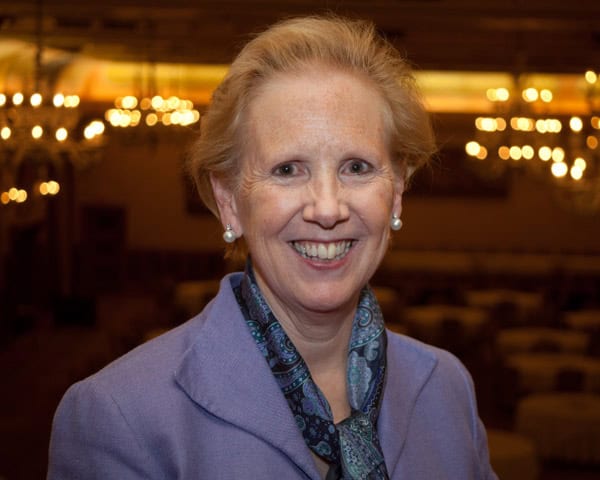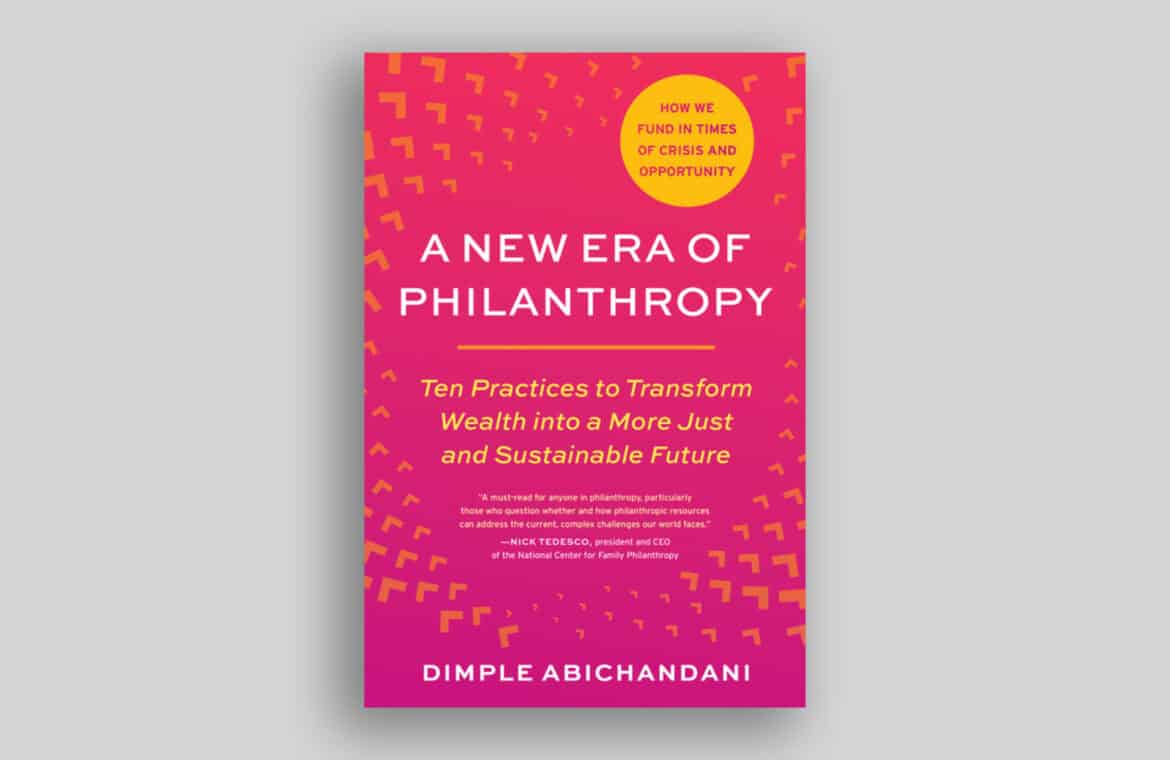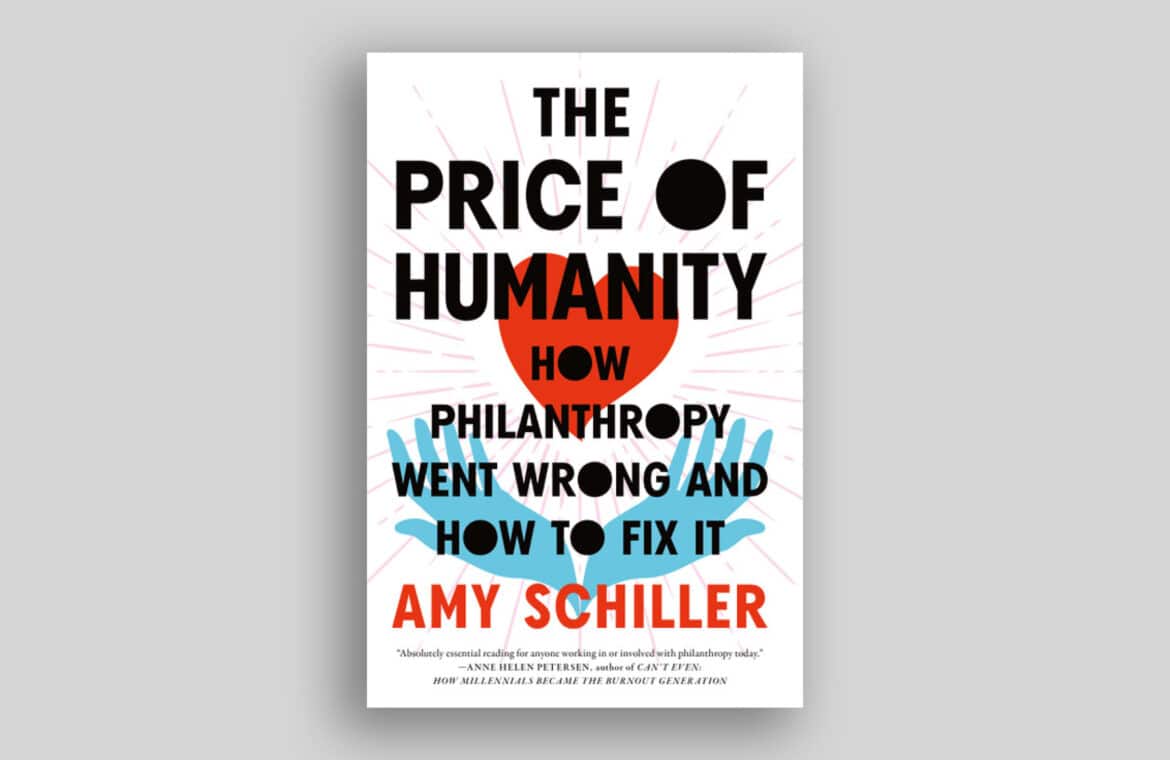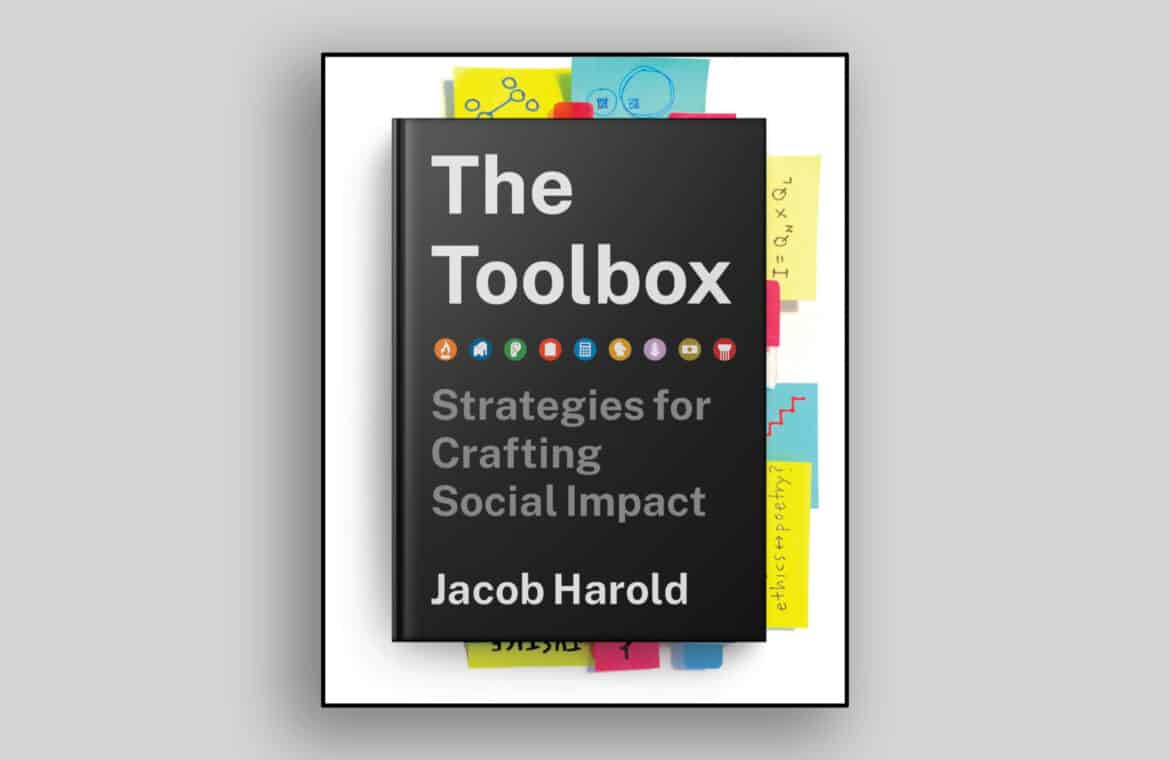Hilary Pearson

Hilary Pearson
Hilary Pearson has worked in the field of foundation philanthropy in Canada for close to 30 years. As the founding president of Philanthropic Foundations Canada from 2001 to 2019 and as a consultant, writer, and interested observer, she has collaborated with many charitable foundations across the country.
Author of many articles, book reviews, and columns, she speaks frequently on Canadian philanthropy at conferences and workshops in Canada and internationally. She writes a regular blog on trends and issues in foundation philanthropy at hpearson.ca and is the author of the 2022 book From Charity to Change: Inside the World of Canadian Foundations.
From 2019 to 2023, Hilary was co-chair of the Advisory Committee on the Charitable Sector, advising the federal minister of revenue on charitable policy and regulatory issues. In 2018, she was made a member of the Order of Canada for her contributions to building the field of philanthropy in Canada. She serves as chancellor of Brock University in Ontario and sits on several non-profit boards, including the board of the Canadian Cancer Society.
Hilary lives on the mountain in Montreal and keeps active climbing the streets with her golden doodle.







